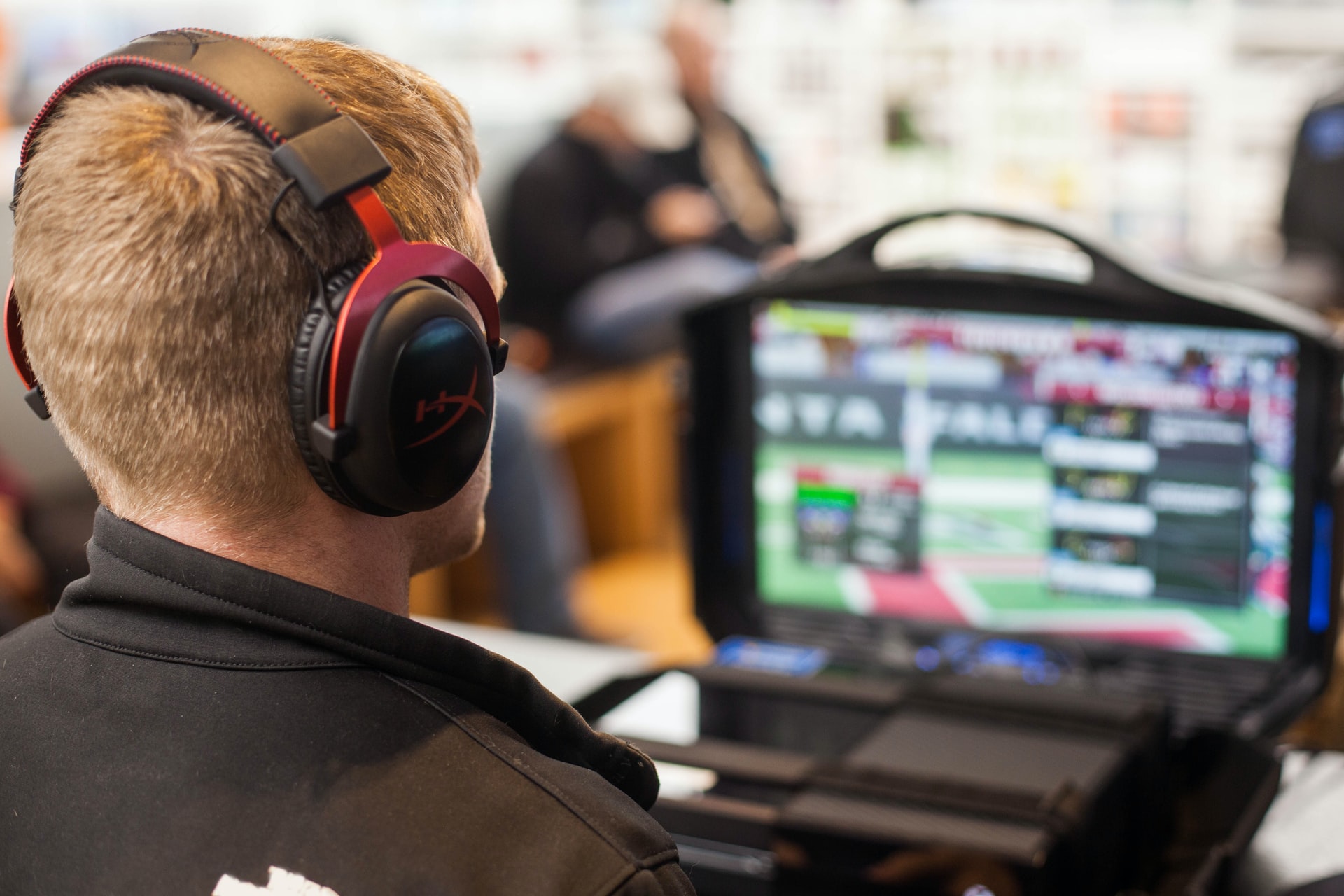Game Development Insights: Exploring the Art and Science of Creating Immersive Worlds
The realm of video game development is an intricate tapestry woven from the threads of art, technology, storytelling, and interactive design. At its core, the creation of immersive worlds in video games is not just about advanced programming or stunning graphics; it’s about crafting experiences that transport players to alternate realities, compelling them to return time and time again. The Genesis of a Game World: Concept and Design The journey begins with a concept. This phase is the bedrock of game development, where ideas are born and the vision for the game world starts to take shape. It’s a melting…







